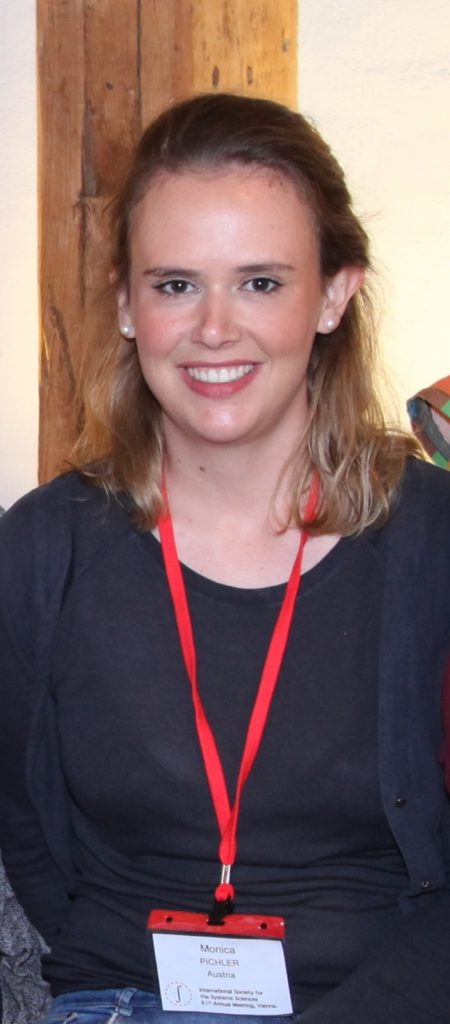BCSSS visiting student Monika Pichler completed successfully her Master thesis “Smart City Vienna”
We are proud to announce the successful completion of Monika Pichler‘s Erasmus Mundus Master Degree on “Smart City Vienna: System Dynamics Modelling as a Tool for Understanding Feedbacks and Supporting Smart City Strategies“.
For her studies Monika took part in the European Master Programme in System Dynamics (EMSD), a BCSSS cooperation partner, which is specifically designed for students who are interested in learning how to initiate strategic change in organizations and gives the students the opportunity to travel between four collaborating universities, University of Bergen, New University of Lisbon, University of Palermo, Radboud University.
Through another connection in the BCSSS network, TINA Vienna – Smart City Agency, Energy Center & Urban Future Hub, Monika got valuable support and a wealth of new impulses for her project.
Besides her studies Monika volunteered for the BCSSS during the conferences emcsr 2016 and ISSS2017 Vienna. In this time we experienced her as a diligent member of our teams and highly motivated young researcher.
We congratulate Monika on her excellent degree and wish her every success for a bright future!
 Monika Pichler at ISSS2017 Vienna
Monika Pichler at ISSS2017 Vienna
© Kendra Rosencrans
Please find in the following a short abstract from her master thesis:
Urban areas are a major driver of climate change. Cities need to promote sustainable development for improving the overall quality of life of its citizens. In order to do so cities started developing smart city strategies. Smart city strategies translate visions which mainly have been working as a label instead of a policy. For turning a label into a successful policy it is crucial to understand the dynamics behind it. For making the entire system more transparent the author used qualitative and quantitative system dynamics modelling. As part of a case study in Vienna, expert interviews, qualitative data analysis and a quantitative simulation model were conducted. The resulting baseline simulations replicate possible negative consequences which could arise if stakeholders do not understand basic dynamics in a given urban area and do not take into account feedbacks and delays.
The author expects this new approach of system dynamics modelling to work as a basis for future policy implementations, to underline how important it is to understand the dynamics of a city and as an incentive for everyone to use the smart city strategy for promoting sustainability instead for marketing purposes.
Monika Pichler as volunteer during the ISSS2017 Vienna
© Kendra Rosencrans
Tags In
Subscribe to our Systems Newsletter
Recent News
- Keynote at the invitation of CIRCULAR4.0 “The European Green Deal – Economic Potential for SMEs”
- Keynote address at the invitation of Energie Steiermark “Potentials of the Circular Economy”
- Expert interview with Circular Business Academy (CBA), Slovenia on the innovation potential of the circular economy for SMEs
- UNIDO: Global consultations on circular economy
- Mission Innovation Austria 2021: A platform for all drivers and shapers of innovation and the energy system of the future

